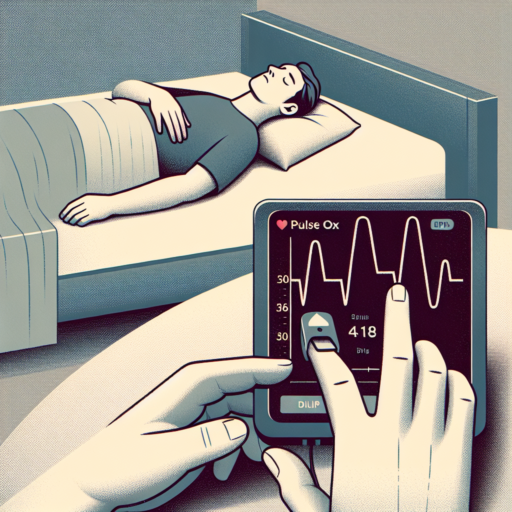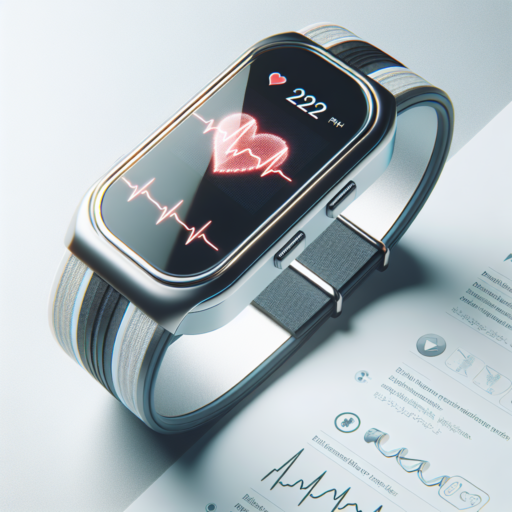What is the best wearable device to monitor your heart?
Deciding on the best wearable device for heart monitoring involves considering several factors such as accuracy, comfort, and additional health-tracking features. Among the plethora of options available, devices that offer real-time heart rate monitoring, along with detailed analysis and history, tend to stand out. These devices not only track your heart rate but also provide insights into heart rate variability (HRV), stress levels, and more.
Fitness trackers and smartwatches have emerged as frontrunners in this category. They blend seamlessly into daily life, offering continuous heart rate monitoring without sacrificing style or convenience. Leading brands like Apple, Fitbit, and Garmin offer devices that cater to a wide array of preferences and budgets, while still maintaining a high standard of accuracy in heart rate tracking.
In addition to basic heart rate monitoring, some of these wearable devices are equipped with advanced sensors that can detect irregular heart rhythms, such as atrial fibrillation, and even measure blood oxygen levels. This makes them invaluable tools not just for fitness enthusiasts looking to optimize their workouts, but also for individuals seeking to maintain an eye on their overall heart health.
What is the most accurate heart rate tracker?
Finding the most accurate heart rate tracker has become a quest for many fitness enthusiasts and health-conscious individuals. Accuracy in heart rate monitoring is pivotal for optimizing workouts, tracking stress levels, and understanding one’s health better. With various devices available in the market, it’s essential to discern which ones stand out for their precision.
Several factors contribute to the accuracy of a heart rate tracker. These include the type of sensor used, the positioning of the device on the body, and the algorithm that interprets raw data. Optical heart rate sensors, found in most wrist-based devices, use light to measure blood flow. Alternatively, chest straps, which detect electrical signals every time the heart beats, are often lauded for their superior accuracy.
When selecting a heart rate tracker, it’s crucial to consider how and where you plan to use it. For athletes and serious fitness buffs, a chest strap might be preferable despite the inconvenience of wearing it, due to its high degree of accuracy. On the other hand, for everyday fitness tracking and convenience, wrist-based devices offer a good balance between accuracy and ease of use.
No se han encontrado productos.
What is the best heart rate monitor for home use?
When looking for the best heart rate monitor for home use, several factors come into play to find the perfect balance between accuracy, comfort, and usability. The market is flooded with options, ranging from wearables like smartwatches and fitness bands to chest straps, each tailored to different types of users and their unique needs.
Key Features to Consider
Before diving into purchasing a heart rate monitor, it’s essential to consider what makes a model stand out for home use. Primarily, accuracy is a non-negotiable feature, as it ensures you’re getting reliable data to track your heart health or fitness progress. Another critical aspect is comfort; since you’ll be wearing this device frequently, it should fit snugly without causing any irritation or discomfort. Lastly, ease of use comes into play; intuitive interfaces and easy synchronization with other devices or apps significantly enhance the user experience, making it more likely for the monitor to be used consistently over time.
Top Picks for Home Use
While many brands claim the title of the best, a few stand out due to their superior features and customer satisfaction ratings. For those who prefer chest straps, the Polar H10 is renowned for its accuracy and comfort, making it a favorite among athletes and fitness enthusiasts alike. Alternatively, the Fitbit Charge 4 offers a wearable option with an all-around health tracking feature, including heart rate monitoring, which is ideal for those seeking a more holistic view of their wellness. Additionally, for simplicity and ease of use, the Wahoo TICKR X chest strap provides straightforward, accurate heart rate data that can be easily synced with a wide range of devices and apps.
In conclusion, the best heart rate monitor for home use ultimately depends on personal preferences, including how you plan to use it, the features most important to you, and of course, your budget. Whether you lean towards a wearable or a chest strap, prioritizing accuracy, comfort, and user-friendliness will lead you to a device that suits your needs perfectly for tracking your heart health efficiently.
How accurate are wearable heart rate monitors?
Wearable heart rate monitors have become a staple for fitness enthusiasts and individuals monitoring their heart health alike. With advances in technology, these devices promise to offer insights into our cardiovascular system with just a tap on the wrist. But, when it comes to the accuracy of wearable heart rate monitors, the conversation gets nuanced.
Firstly, the precision of these devices often hinges on the type of technology they utilize. Most wearables use photoplethysmography (PPG), a technique that measures heart rate by detecting blood volume changes in the microvascular bed of tissue. This method is generally effective for resting heart rate measurements. However, during intense physical activity or if the device is not worn snugly against the skin, the accuracy can waver.
Factors Influencing Accuracy
- User’s skin type and presence of body hair
- Fitness level and type of physical activity
- Device placement and tightness on the wrist
Moreover, research comparing wearable devices to clinical-grade equipment often reveals a disparity in heart rate readings, particularly during high-intensity exercises. Wearables tend to display heart rate numbers that are either slightly higher or lower than those measured by electrocardiographs (ECGs), which are considered the gold standard for heart rate monitoring. Despite this, for most general users, wearable heart rate monitors provide a reasonably accurate approximation of heart rate trends over time, which can be invaluable for tracking fitness progress or monitoring health conditions.



